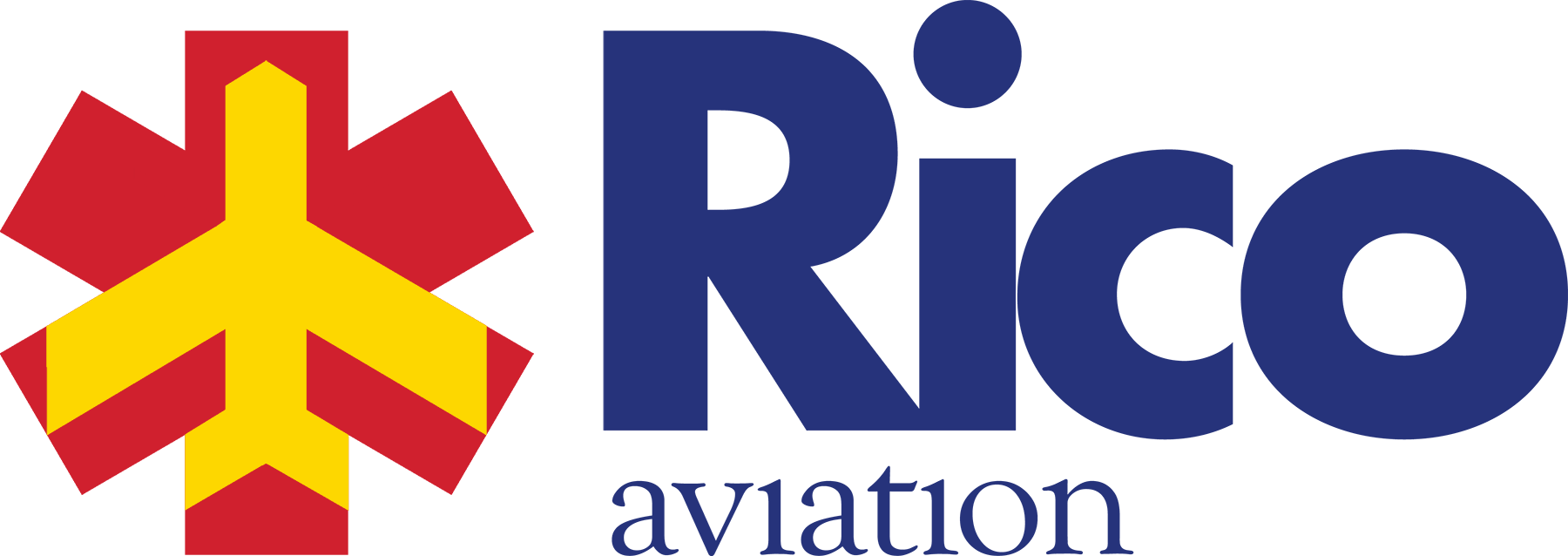Crew certifications of quality air ambulance companies
Type “air ambulance company” into Google search, and you are hit with nearly 1.8 million results. With hundreds of air ambulance teams in the United States alone, it can seem a daunting task to determine which company is committed to the best care and highest standards of safety. To help you determine which companies are the most professionally trained and qualified, we’ve listed some basic best practices to look out for when selecting a medical transport team.
1. Require advanced certifications and CAMTS standards of all nurses and paramedics
Quality air ambulance companies will require all nurses and paramedics to hold specific qualifications, as well as follow the standards set forth by the Commission on Accreditation of Medical Transport System.
Rico Aviation, a medical transport company, certified by the state of Texas, New Mexico, and Colorado, requires all of its nurses to hold the following certifications:
Certified Emergency Nurse/CEN
Critical Care Registered Nurse/CCRN
Certified Flight Registered Nurse/CFRN
Certified Transport Registered Nurse/CTRN
Similarly, paramedics on board should be Certified Flight Paramedics (FP-C) and held to the highest CAMTS standards. A trustworthy air ambulance company will broadcast their safety standards, listing their medical crew certifications on their webpage.
2. All pilots should hold an ATP rating
The “Airline Transport Pilot” rating is the highest level of aircraft pilot rating in the United States. For a pilot to even be eligible to take the ATP practical test, the candidate must be at least 23 years old and have at least 1500 hours of experience in aircraft, including 250 hours as pilot in command (PIC).
Quality air ambulance companies will require pilots to hold not only an ATP rating but also keep higher minimum hours of flight time as well as annual training. Rico Aviation requires all pilots to hold the following certifications:
ATP (Airline Transport Pilot) rating- the highest level of aircraft pilot rating in the United States.
A minimum of 3500 hours flight time
Annual recurrent simulator training consisting of:
In-flight emergency procedures
Extensive knowledge of all aircraft systems
3. Recurrent crew training to ensure best practices
Only fly with medical transport companies that commit themselves to recurring medical team training. The best practices of medical education changes often, so only choose a company that keeps up to date on medical crew training and retraining.
Rico Aviation requires all its crewmembers to undergo recurrent quarterly training (every three months) in the latest aeromedical transport medicine. Learn more about how Rico Aviation provides the highest quality of care possible by visiting our website or contact 806-331-7426.

